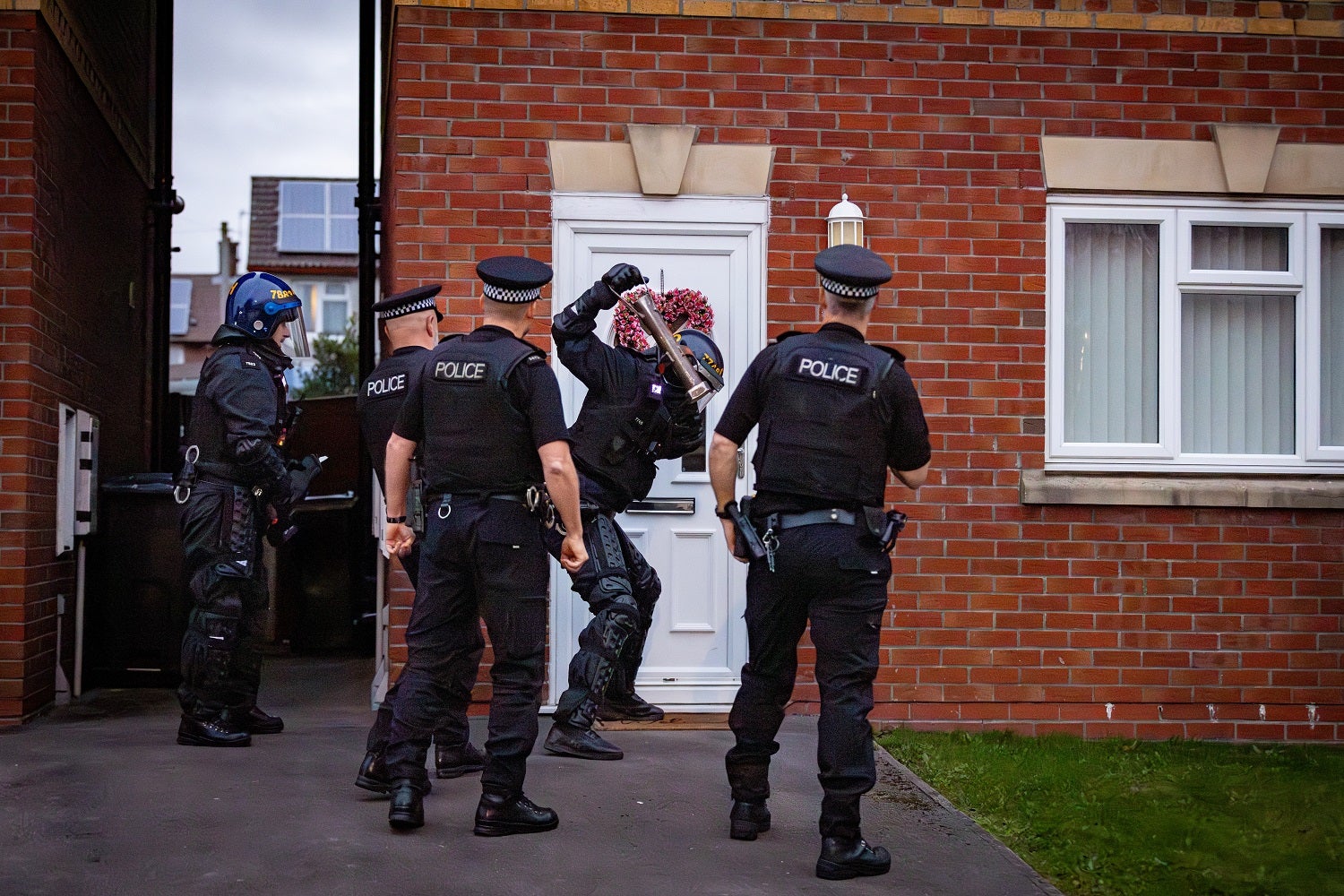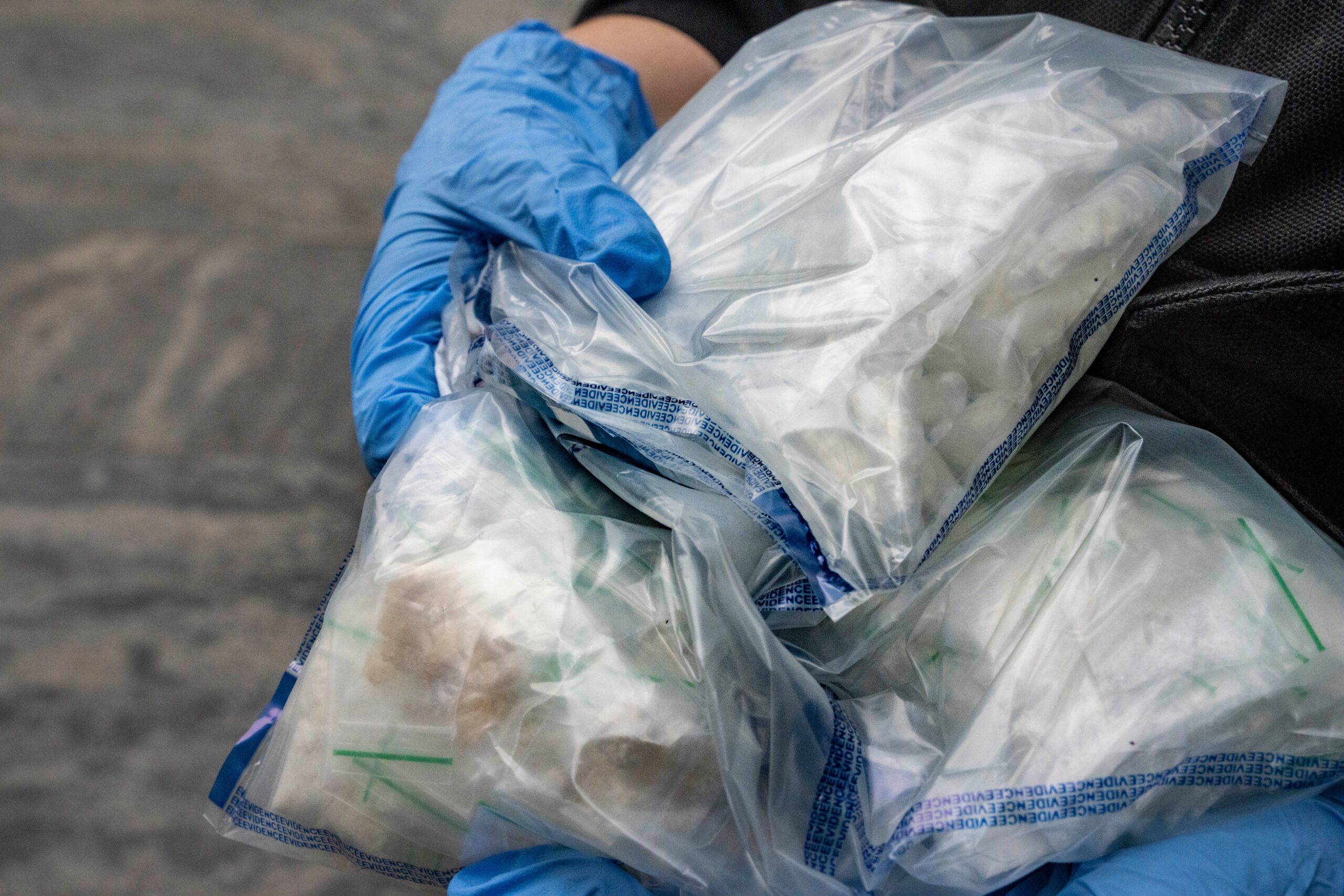More than 2,300 drug smuggling “deal lines” have been shut off in the past year, new figures from Home Office have revealed.
Crime minster Sarah Jones welcomed the new data, which she said “speak for themselves”, but promised to go “further than ever to stop this evil trade”, adding that the authorities “will be relentless” in tackling Britain’s drug gangs.
Targeted work on key transport networks and investment into automatic number plate recognition (ANPR) technology resulted in more than 1,120 senior gang members being charged in the 12 months to July, the government said.
They are the highest annual figures since the government’s county lines programme began six years ago, in 2019.
“The exploitation of children and vulnerable people in this way is disgusting and cowardly,” Ms Jones said.
“County lines gangs are also driving knife crime in our communities, and I want criminals to know that we will not let them get away with it.
“We will be relentless in going after these gangs.
“Today’s results speak for themselves – but we are going further than ever to stop this evil trade.”

Ms Jones said three new criminal offences brought in through the Crime and Policing Bill, which faces scrutiny in the Lords before it becomes law, would help “ensure the punishment matches the severity of the crime”.
These include the proposed new offences of coerced internal concealment – where children and vulnerable people are made to hide objects inside their bodies – and criminal exploitation of children, which would each carry a maximum penalty of up to 10 years in prison.
The third proposed new offence of cuckooing – taking over vulnerable people’s homes to carry out crime – would carry a maximum penalty of five years’ jail time.
Lynn Perry, chief executive of the charity Barnardo’s, called for children who are being exploited to be treated as victims rather than criminals.

“Children who are exploited are often forced to commit crimes by being coerced, threatened and made to feel like there’s no way out.
“For too long, these children have been treated as criminals, rather than victims in need of protection.
“The government recently included measures in the Crime and Policing Bill which makes child criminal exploitation an offence.
“This is a step in the right direction, however more work needs to be done including creating a statutory definition of child criminal exploitation. This will help to protect and defend children from prosecution during legal cases.
“Barnardo’s works with thousands of children across the UK who have experienced exploitation, and we know that too often children are not able to access support services and are left at continued risk of harm.
“We’re urging the government to invest in specialist services to make sure all children who have been abused or exploited get the help they need.”
